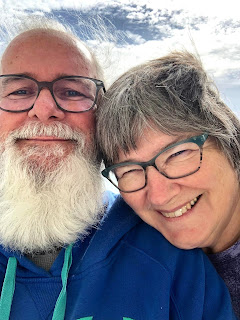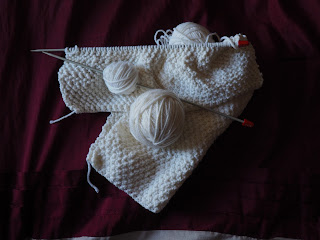K is for knowledge. As a writer, I have heard “write what you know.” So what do I know?
I know what I have experienced, what I have learned, stories of my family, things that I am interested in, and those that I am passionate about. I have learned things through research and instruction. But I also remember my mother’s response to my ‘independent learning style’: “I told you that would happen. Why don’t you listen and learn from someone who knows better?” My cheeky response: “I learn better the hard way.” Indeed, I have learned some things from the school of hard knocks. Our lives and experiences are part of the vast tank of resources from which we draw for any type of writing.
At a writers’ conference last May, Carolyn Arends spoke about the creative process. She said that your whole life is preparation for what you are writing. You draw from your experience, your training, what you have been exposed to, the places you have been. Therefore, we should live in a state of receptivity and nurture a sense of wonder.
Poet Mary Oliver wrote:
Instructions for living a life.
Pay attention.
Be astonished.
Tell about it.
The other day, I tried to pay attention as I stood in a park by the river. I focused on my senses one by one. What do I see? The almost barren trees, leaves on the ground, clear blue sky adorned with ribbons of cloud, and a duck swimming at the river’s edge. I closed my eyes and asked, what do I hear? Birds twittering, children laughing, cars rumbling across a nearby bridge, traffic in the distance. What do I feel? The November chill in the air and the welcome warmth of the sun on my back. Some of those things I had not even noticed previously.
Paying attention helps but when it comes to remembering the experiences and stories deposited over the years in this aging brain, I don’t always seem to have the access code. Talking with friends about shared experiences can help to remember. In a helpful workshop Lea Storry talked about how we hang on to things for their sentimental value when we really need to de-clutter. She suggested using the objects as visual storytellers. Ask questions about the item – where you got it, why it matters to you, who gave it to you, what does it remind you of? Then write the story, release the object, and preserve the memory.
Not long afterward I tried it, considering one item after another as I sat and looked around my living room. There was the wall hanging I purchased in Jerusalem – what a great trip that had been! A painting by a dear friend reminded me of the years of friendship. A miniature church gifted to me after my husband’s death brought back a river of memories and I crafted a story to share with my grandchildren. (Note: I still wasn’t ready to get rid of the things!)
There are different kinds of knowledge. For example, there is factual knowledge, experiential knowledge, self-knowledge, spiritual knowledge, and relational knowledge. As Christian writers our knowledge of God undergirds and informs every story we tell, every piece we write.
So, I want to try harder to pay attention to the Spirit so that my knowledge of God through Jesus Christ will be constantly increasing. Then with a sense of wonder and gratitude, I will be able to write what I know about Jesus and his healing grace and love into my stories, whether it be explicit or implicit. My hope and prayer, with Paul, is that my readers also “may know the mystery of God, namely, Christ, in whom are hidden all the treasures of wisdom and knowledge.” (Colossians 2:2,3)
Barbara Fuller, a native of Nova Scotia, has been writing since she was a teenager. Now living in BC, she is currently working on her fifth book in the Inlight Bible Studies series. Barb enjoys her six grand-darlings, music, books, languages, traveling, and walking on beaches, preferably with her dog Toby. Find her books and her blog at Barbara Fuller.
https://barbarafullerauthor.wordpress.com/


.jpg)















